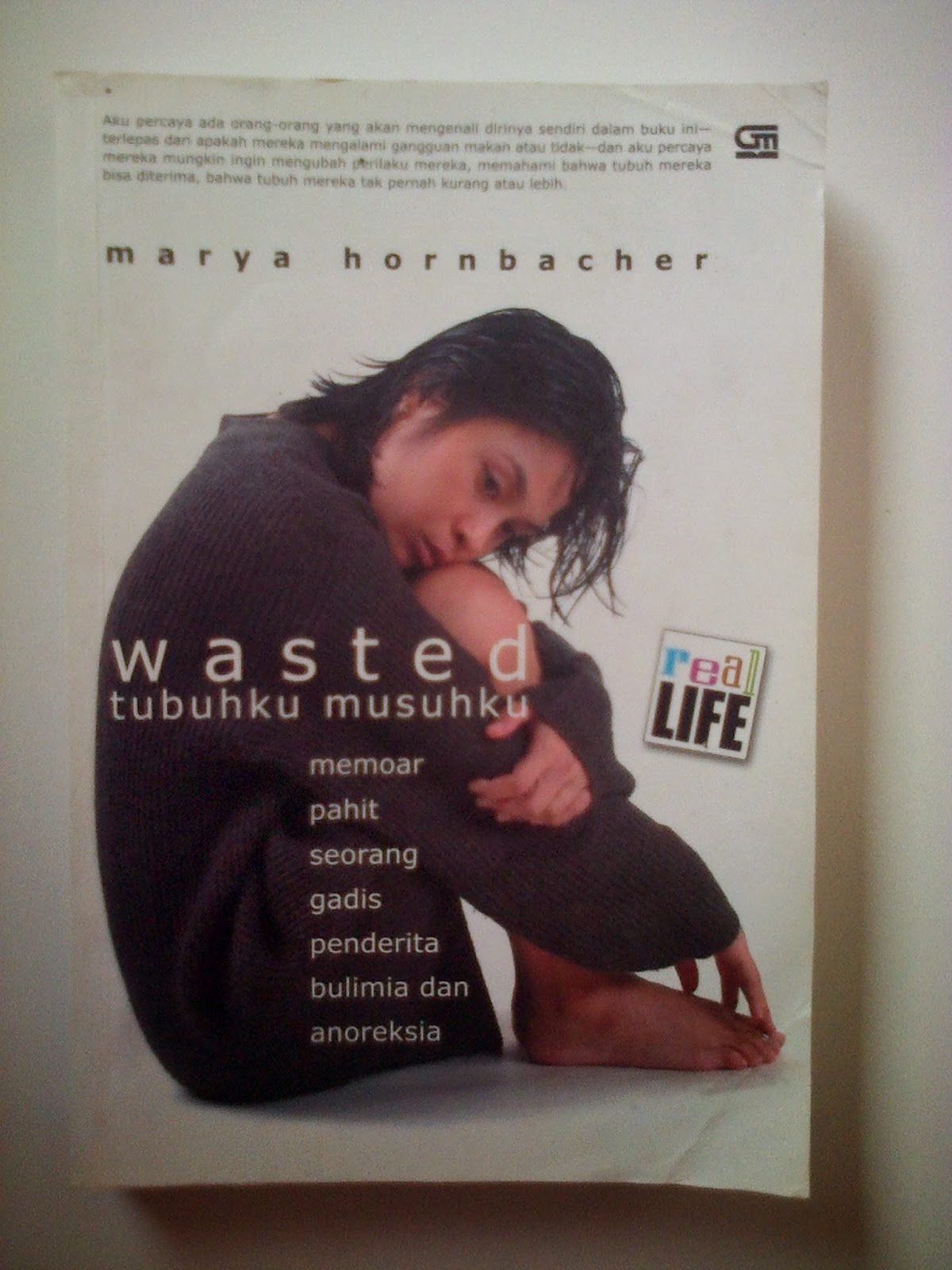

If you are hoping for a happy ending, Hornbacher advises you to look elsewhere.

No other reader could get this story so right. This abridged version of “Wasted,” read by Hornbacher herself, is so seamless that I did not even realize it was abridged until I discovered this fact in another listener’s review. If you can bear to look at it, you will glimpse in raw form the gruesome reality of eating disorders. “Wasted” captures every dramatic, painful and often repulsive detail. Hornbacher is the unlikely antagonist in her own life story, hating her body to the very brink of death. In “Wasted,” Marya Hornbacher’s battle with her body is nothing short of epic, but unlike a true epic it is far from heroic. Wasted is the story of one woman's travels to the darker side of reality, and her decision to find her way back again - on her own terms. In this vivid, emotionally wrenching memoir, she recreates the experience and illuminates the tangle of personal, family, and cultural causes underlying eating disorders. Why would a talented young girl go through the looking glass and slip into a netherworld where up is down, food is greed, and death is honor? Why enter into a love affair with hunger, drugs, sex, and death? Marya Hornbacher sustained both anorexia and bulimia through five lengthy hospitalizations, endless therapy, the loss of family, friends, jobs, and ultimately, any sense of what it means to be "normal." Down to 52 pounds and counting, Marya becomes a battlefield: her powerful death instinct at war with the will to live. By the time she is in college and working for a wire news service in Washington D.C., she is in the grip of a bout of anorexia so horrifying that it will forever put to rest the romance of wasting away.

Marya's story gathers intensity with each passing year. She added anorexia to her repertoire a few years later and took great pride in her ability to starve. By age 9, she was secretly bulimic, throwing up at home after school, while watching Brady Bunch reruns on television and munching Fritos. At the age of 5, she returned home from ballet class one day, put on an enormous sweater, curled up on her bed, and cried because she thought she was fat. Precociously intelligent, imaginative, energetic, and ambitious, Marya Hornbacher grew up in a comfortable middle-class American home.


 0 kommentar(er)
0 kommentar(er)
